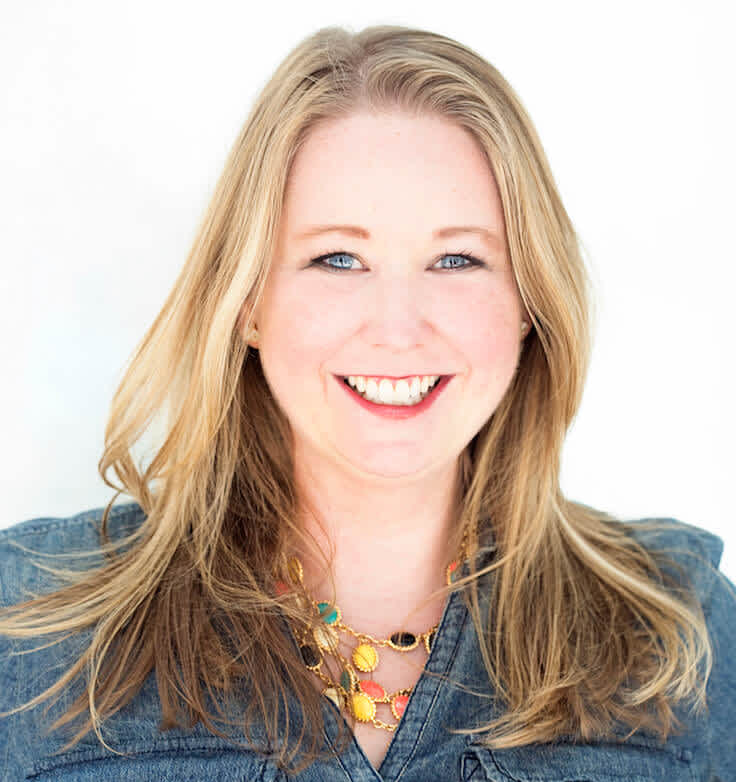Saving/Investing for Kids
Three Big Ways to Save and Get Out of Debt Fast
By Meghann Foye — Mar 15, 2018

You’ve made a budget, have a plan to get out of debt and you’ve even found a credit card that offers a great points plan. But, what if there were some even sneakier ways to save?
We spoke to financial planners to see if they had some hacks that could make an even bigger difference in your balances by the end of the year, over the course of your mortgage and even over your lifetime.
It turns out that many people neglect what’s sometimes the best way to save money—in small amounts, done in an automatically, so that the earnings can pay off big in the long-term.
Here are three important ways to save, which can help you boost your personal savings and get out of debt:
1. Start Shoe-Boxing Away Your Personal Savings
It’s crucial to have an emergency fund, but finding the best way to save money can be easier said than done—as you probably know all too well if you’ve ever set up an automatic deduction from your regular checking account, only to go into overdraft when you forgot about it.
You might even try a savings challenge where you pay yourself a small amount each day (literally, this could just be a few cents) for a year, for a grand total of almost $700 after a year.
To get started, all you really need is a savings account. You can also get techy, if that's your speed. With Digit, an app that automatically draws small amounts into a side savings account daily (offering 1 percent interest), you can harness an algorithm to calculate the right amount to withdraw each day, based on your income and spending.
What’s even better is that you’ll keep track of your savings plan through a text alert each morning with your overall balance, so you’re always aware of exactly how much you have. You can withdraw from your balance anytime.
Potential Savings: $2,000 to $6,000 this year, depending on how much you earn. Plus saving on overdraft fees.
2. Readjust Your Bill-Paying Days to Increase Your Personal Savings
According to financial expert David Bach, one of the best budgeting tips is to readjust your mortgage payments from once a month to every two weeks. This could potentially save you tens of thousands of dollars in interest over the life of your mortgage and help you get out of debt sooner.
He recommends taking your monthly mortgage payment, splitting it down the middle, and then making the payment on the same day every two weeks, in line with the days you get paid.
So, for example, if you previously paid $1,500 each month, now you’d pay $750 every two weeks. Since you’re now making payments every two weeks rather than once a month, you’ll be making one extra payment a year.
Bach says that it depends on your mortgage, but paying this way could mean you could save up to $50,000 in interest on your loan, or the equivalent of getting out of debt (mortgage debt, anyway) off two to three years sooner.
Potential savings: $50,000 over the course of your mortgage.
3. Budgeting Tip: Tweak the Savings Plan for Your 401(k)
According to financial planner Graham Summers, many people only put away the same percentage their company will match (say, 6 percent), which is a big mistake if you can afford to contribute more than that.
“If you're only contributing up to the amount your employer is willing to match, you're leaving a ton of future money on the table. Stocks historically return 6 percent per year,” he says.
Every cent you put into your 401(k) is being compounded over your career. That extra $100 per month in contributions, through the power of compounding, can translate to hundreds of thousands of dollars more in retirement investment.
“If you’re feeling too pinched, you can always decrease your contribution amount, but most people never do,” Summers says. He notes that one of the best ways to save money is to reframe your mindset to help you see the benefit of stashing, rather than cashing, your paychecks.
“Increasing your contributions is the equivalent of ‘investing in yourself,’ whereas spending the money does little or nothing for your long-term financial stability,” Summers says. “The former actually has a benefit. The latter just means you have to work more. Which one do you prefer?”
If you don’t work for a company that offers retirement benefits, you might consider an app like Stash, which allows you to invest micro-amounts such as $20 a week. You can also use its system to set up an investment account.
Another option is ElleVest, an online investing platform specifically directed toward women and their unique financial needs.
Another thing that could be draining your savings? The fees you’re paying for your 401(k).
A difference between a 0.5 percent, 1 percent or 2 percent fee could add up to hundreds of thousands of dollars when you go to retire: “Some 401(k)s have very high fees and employees often don’t realize that they are the ones paying them in most cases. They usually believe their employer covers all the costs. It pays to look them up,” says Bobbi Rebell, a Certified Financial Planner and host of the Financial Grownup podcast.
Potential Savings: Hundreds of thousands over a lifetime.
Set a date on your calendar to implement these budgeting tips. Your future self will thank you.
Fabric exists to help young families master their money. Our articles abide by strict editorial standards.
Information provided is general and educational in nature, is not financial advice, and all products or services discussed may not be offered by Fabric by Gerber Life (“the Company”). The information is not intended to be, and should not be construed as, legal or tax advice. The Company does not provide legal or tax advice. Consult an attorney or tax advisor regarding your specific legal or tax situation. Laws of a specific state or laws relevant to a particular situation may affect the applicability, accuracy, or completeness of this information. Federal and state laws and regulations are complex and are subject to change. The Company makes no warranties with regard to the information or results obtained by its use. The Company disclaims any liability arising out of your use of, or reliance on, the information. The views and opinions of third-party content providers are solely those of the author and not Fabric by Gerber Life.

Written by
Meghann Foye
Related Posts
Saving/Investing for Kids
The New Parent's Financial Checklist: Life Insurance and More
When you have a baby, there’s a lot to consider. Now's the time to focus on your financial priorities. Here's where to get started.
By Allison Kade
Saving/Investing for Kids
Investing Strategies for Beginners
Investing can be a sound strategy to help grow your finances over time. Start by identifying which strategy and account type works best for you.
By Jessica Sillers
Saving/Investing for Kids
What Is an Investment Time Horizon?
An investment time horizon is the amount of time you’ll hold an investment. Your investment time horizon is essential in determining how much risk it makes sense for you to take in investing.
By Jessica Sillers
Fabric Picks
Life insurance
Places to Get Emergency Cash, Ranked From Best to Worst
When money’s tight, you need funds quickly. These ranked options can help you find your best source of emergency cash without hurting your financial future.
By Jessica Sillers
Life insurance
How to Juggle Long-Term Financial Goals When You’re in the Thick of Parenting
It can be hard to save when current expenses take priority. Tips to save for retirement and manage a family budget.
By Jessica Sillers
Saving/Investing for Kids
How to Do 30 Days of Financial Self-Care as a Parent
Self-care comes in many forms, including how you handle your money. See how small steps may add up to help improve your financial well-being.